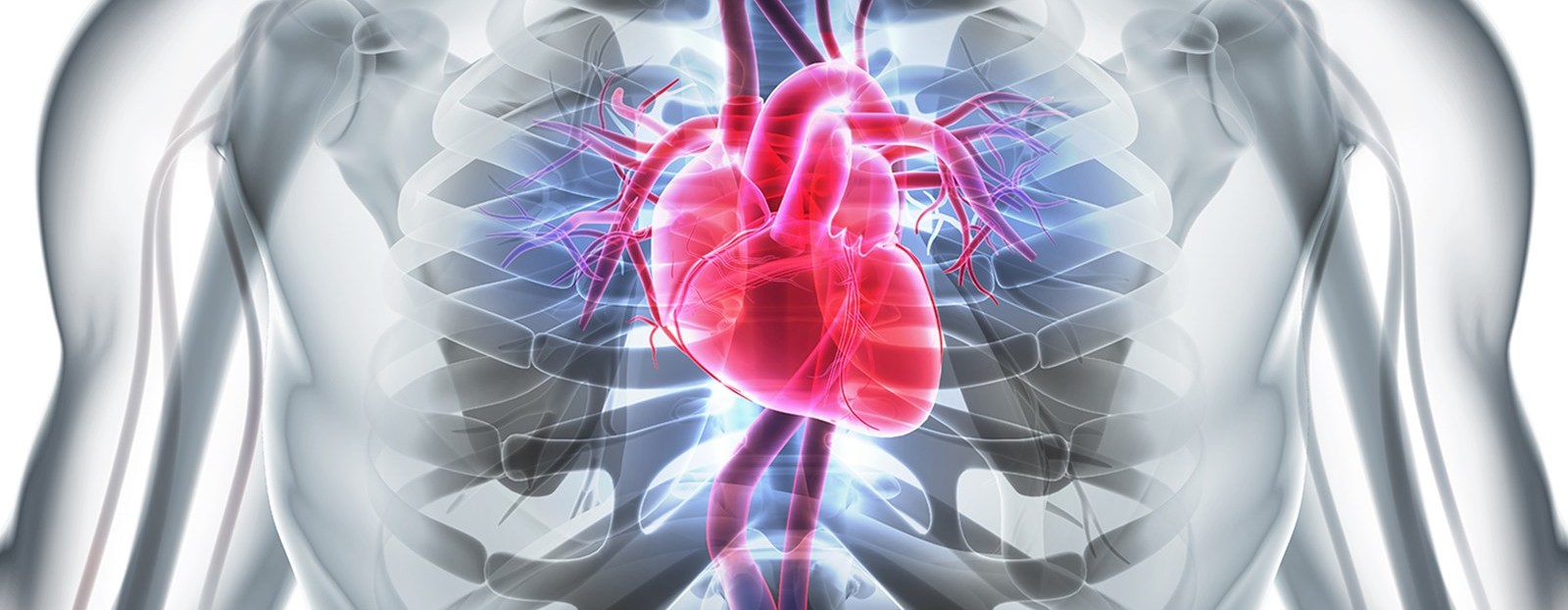This disease can be either one of the symptoms of chronic ischemic heart disease, or occur against the background of prolonged angina pectoralis. The main symptoms of myocardial infarction are an acute attack of pain of unusual intensity, which is felt behind the breastbone. For those who suffer from angina pectoralis, such an attack of pain is not relieved by the usual nitroglycerin. Myocardial infarction can be accompanied by both high blood pressure and a sharp decrease along with a general deterioration in the condition. For example, with low blood pressure that accompanies myocardial infarction, a person feels weakness, nausea, and excessive sweating. Emergency care for a heart attack is the main thing you can do for a person.
The most characteristic symptom of myocardial infarction is the fear of death, which worries a person relentlessly.
Emergency care for a heart attack
Be sure to call an ambulance, and at the same time, it is advisable to meet the car to someone from the patient’s relatives or relatives, so that the doctors do not look for the desired address for a long time.
Emergency care for myocardial infarction includes the following actions: the patient must be laid down and given a nitroglycerin tablet under the tongue in order to stop the painful attack and an aspirin tablet. Try to relieve pain by giving the patient analgesic medications. If the patient has a cardiac arrest (you do not notice breathing, the person is unconscious, there is no pulse or blood pressure), you should provide emergency care for a heart attack immediately – this can help “start” the heart. If this does not help, proceed with immediate chest compressions and mouth-to-mouth ventilation. Resuscitation measures cannot be stopped until the arrival of the ambulance team. Emergency care for myocardial infarction, provided quickly and efficiently, can save a person’s life.
